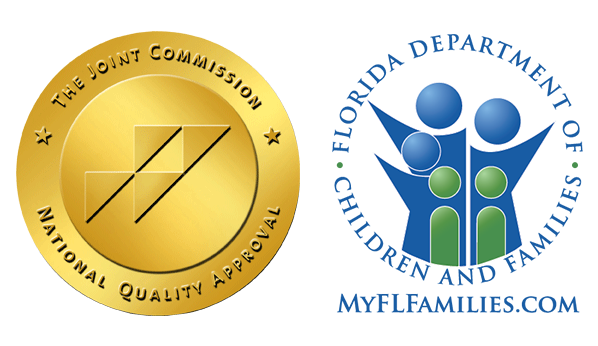Each year, the use of alcohol, tobacco, and other drugs costs the United States over $470 billion in healthcare, crime, and lost productivity. Drug use and addiction can be problematic in numerous ways, and some instances are much more severe than others.
If you are worried about your own or someone you know’s drug use, you may wonder at what point heavy drug use becomes an addiction. While the line is not necessarily clear, it is important to remember that you do not need to have an addiction to receive help. Drug use or misuse of any kind can be harmful to yourself and others, and you can seek professional advice whatever the severity of your problem.
What is Addiction?
Addiction is both a chronic brain disease and a mental illness. According to the National Institute on Drug Abuse, addiction is when you compulsively seek and use a drug despite its negative consequences. It involves long-lasting physical changes in the brain that interfere with your memory, reasoning, willpower, and other cognitive functions.
So, when does heavy use become an addiction? You may be able to drink a bottle of wine every day, and you may feel like you need it to relax, may drink it out of habit, or simply enjoy it, without becoming addicted. However, if drinking still feels like a choice you have control over, it may not be classified as an addiction.
Heavy use becomes an addiction when you experience strong urges to drink even when you do not want to or know it’s causing you harm. It involves both psychological and behavioral characteristics that override the rational choice on whether to drink or not.
What Are the Signs and Symptoms of Addiction?
The signs and symptoms of addiction vary from one person to another. Some common signs include:
- Secretiveness, lying, and stealing friends and family members to hide your drug use
- Changes in social groups
- Tolerance to or dependence on an addictive substance – needing to take more to achieve the same effects
- Experiencing withdrawal symptoms when you try to stop taking a substance
- Difficulty cutting down on substance use
- Neglecting obligations and responsibilities and losing interest in hobbies
- Spending a lot of time on planning, engaging in, and recovering from substance use
- Extreme mood swings and unusual sleeping patterns
What Is a Substance Use Disorder?
Trying to work out when the line of addiction is crossed can be difficult and may not be helpful in diagnosis or treatment. The American Psychiatric Association (APA) does not include addiction as a specific diagnosis. Instead, the Diagnostic and Statistical Manual of Mental Disorders (DSM-5), which sets out descriptions and conditions of all mental disorders, put all kinds of substance misuse and dependence in one category – substance use disorders (SUDs).
It defines substance use disorders by a range of symptoms. According to how many symptoms they exhibit, a person’s disorder can be mild, moderate, or severe.
Symptoms of SUDs include impaired control, social difficulties, risky use, and physical tolerance, as well as urges to seek a substance and the time spent doing so. This classification recognizes that drug use can be extremely harmful and requires treatment, even when it is unclear if someone is addicted to a substance.
Can You Treat Addiction and Substance Use Disorders?
The good news is that substance use disorders and addiction are treatable and recovery is possible for anyone. In recent years extensive scientific research has led to the development of effective treatment approaches for SUDs and addiction, regardless of severity.
Some treatment approaches include:
- Behavioral therapies, including cognitive-behavioral therapy (CBT)
- Individual counseling
- Group therapy and support groups
- Family therapy
If you are struggling with alcohol or drug use, help and support are available. Treatment can be an enriching and life-changing experience, whether or not your drug use constitutes an addiction.











